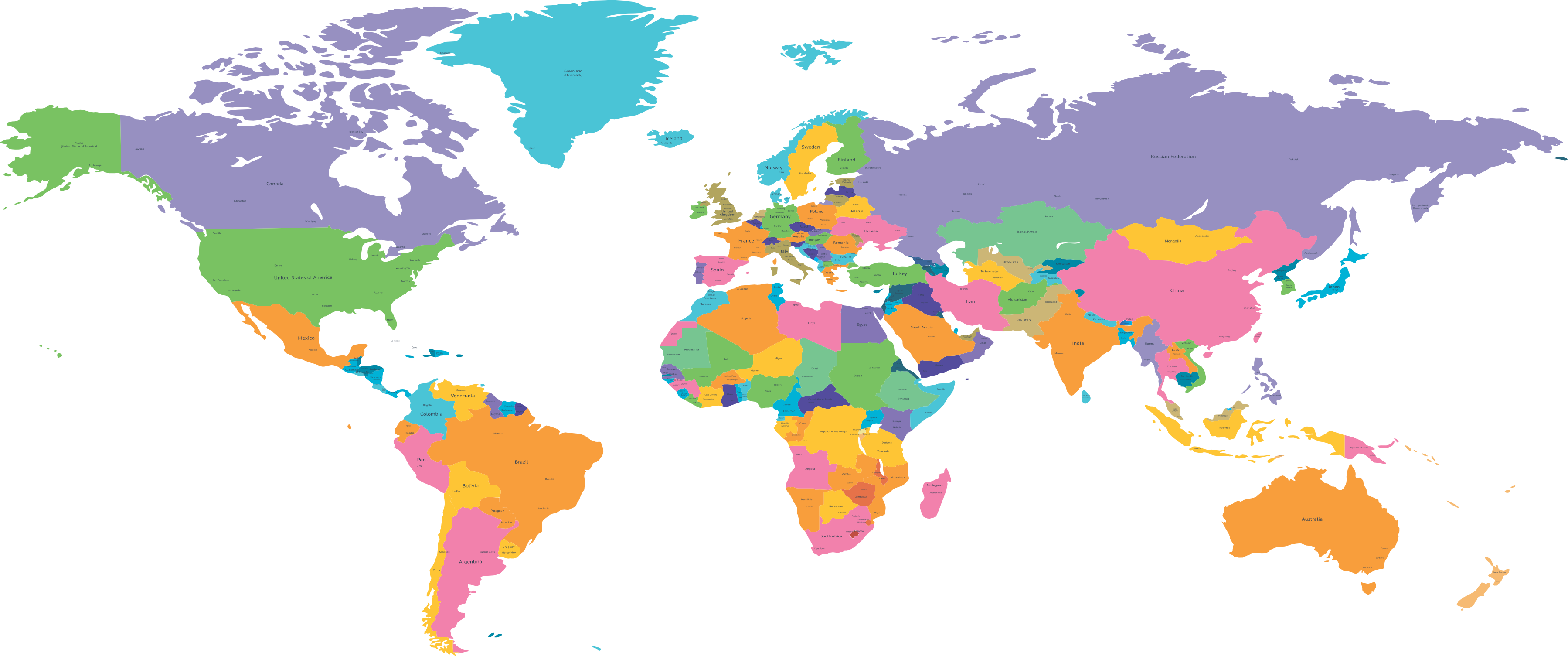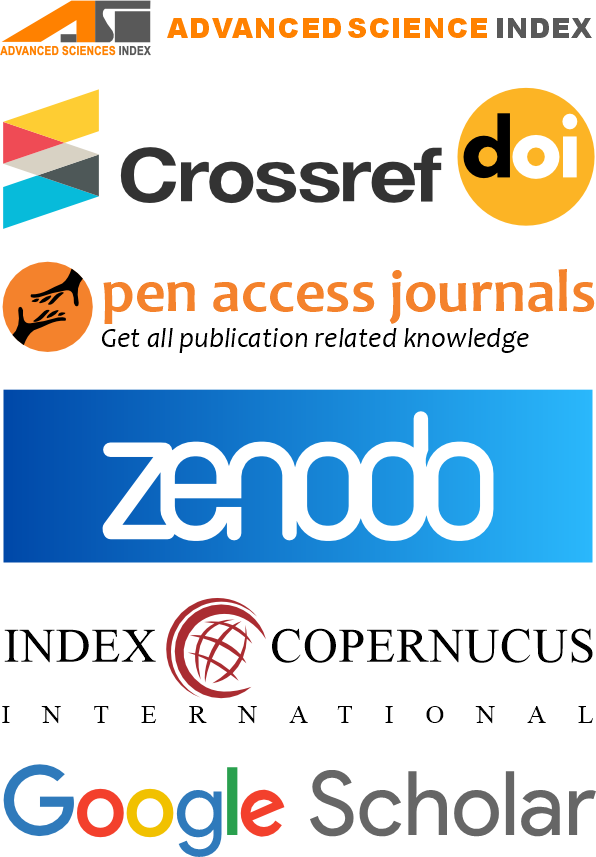English Language Teachers’ Epistemological Perceptions and Classroom Management Skills
DOI:
https://doi.org/10.62997/rl.2025.41048Keywords:
Epistemological Beliefs, English Language Teachers, Classroom Management SkillsAbstract
: The paper focused on English language teachers’ epistemological beliefs and their classroom management practices at intermediate level. The study aimed to find out the most frequently employed classroom management strategies of English language teachers, what epistemological beliefs do English language teachers hold? and, how do the epistemological ideas of English language teachers influence their methods of classroom management? Population of the study consisted of English Language Teachers at public and private colleges in district Mardan, Khyber Pakhtunkhwa. In this study, 14 English language teachers were selected purposively for interview. The researcher employed semi-structured interview to collect data. Results demonstrated that English language teachers who adopted learner-centered approach at the behavioral and instructional dimensions had faith in students' active participation and acquiring knowledge. This means that factors influencing the construction of knowledge included learning effort, critical thinking, and other context-specific characteristics. The study found a link between English language teachers management style and the sources of knowledge they consider to be valid.
References
Aypay, A. (2010). Teacher education students' epistemological beliefs and their conceptions about teaching and learning. Procedia Social and Behavioral Sciences, 2, 2599- 2604. http://dx.doi.org/10.1016/j.sbspro.2010.03.380
Brown, H. D. (2007). Teaching by principles: An interactive approach to language pedagogy (3rdEd.). White Plains: Pearson.
Brownlee, J., Boulton-Lewis, G., & Purdie, N. (2002). Core beliefs about knowing and peripheral beliefs about learning: Developing a holistic conceptualisation of epistemological beliefs. Australian Journal of Educational and Developmental Psychology, 2, 1-16. https://eprints.qut.edu.au/1064/1/brownlee_ajedp_v2.pdf
Chan, K. W. (2010). The Role of Epistemological Beliefs in Hong Kong Preservice Teachers' Learning. Asia-Pacific Education Researcher (De La Salle University Manila), 19(1).
Clarke, V., & Braun, V. (2017). Thematic analysis. The journal of positive psychology, 12(3), 297-298. https://doi.org/10.1080/17439760.2016.1262613
Ertmer, P. A. (2005). Teacher pedagogical beliefs: The final frontier in our quest for technology integration? Educational technology research and development, 53(4), 25-39. https://doi.org/10.1007/BF02504683
Feigenbaum, K. D. (2024). A critique of Abraham Maslow and Carl Rogers as educators. Journal of Humanistic Psychology, 64(1), 44-63. https://doi.org/10.1177/00221678231154819
Feucht, F., & Bendixen, L. D. (2010). Exploring similarities and differences in personal epistemologies of U.S. and German elementary school teachers. Cognition and Instruction,28(1),39-69. http://dx.doi.org/10.1080/07370000903430558
Hofer, B. K. (2008). Personal epistemology and culture. In Knowing, knowledge and beliefs: Epistemological studies across diverse cultures (pp. 3-22). Dordrecht: Springer Netherlands.
King, F. (2014). Evaluating the impact of teacher professional development: An evidence-based framework. Professional development in education, 40(1), 89-111. http://dx.doi.org/10.1080/19415257.2013.823099
Kuhn, D., & Park, S. H. (2005). Epistemological understanding and the development of intellectual values. International Journal of educational research, 43(3), 111-124. https://doi.org/10.1016/j.ijer.2006.05.003
Kumara vadivelu, B. (2012). Language teacher education for a global society. New York: Routledge.
Lee, S., & Schallert, D. L. (2016). Becoming a teacher: Coordinating past, present, and future selves with perspectival understandings about teaching. Teaching and teacher education, 56, 72-83. https://doi.org/10.1016/j.tate.2016.02.004
Lim, C. P., & Chai, C. S. (2008). Teachers’ pedagogical beliefs and their planning and conduct of computer – mediated classroom lessons. British Journal of Educational Technology, 39(5),807–828. https://doi.org/10.1111/j.1467-8535.2007.00774.x
Luft, J. A., & Roehrig, G. H. (2007). Capturing science teacher’s epistemological beliefs: The development of the teacher beliefs interview, Electronic Journal of Science Education, 11(2),20-32.
Luft, J. A., & Zhang, C. (2014). The pedagogical content knowledge and beliefs of newly hired secondary science teachers: The first three years. Educacion Quimica,25(3),325-331. https://doi.org/10.1016/S0187-893X(14)70548-8
Martin, N. K. & Sass, D. (2010). Construct validation of the behavior and instructional management scale. Teaching and Teacher Education,26(5),1124-1135. https://doi.org/10.1016/j.tate.2009.12.001
Moodie, I. (2016). The anti -apprenticeship of observation: How negative prior language learning experience Influences English language teachers’ beliefs and practices. System, 60, 29–41.
Muis, K. R., Bendixen, L. D., & Haerle, F. C. (2006). Domain-generality and domain-specificity in personal epistemology research: Philosophical and empirical reflections in the development of a theoretical framework. Educational Psychology Review, 18(1), 3-54. https://doi.org/10.1007/s10648-006-9003-6
Olafson, L., & Schraw, G. (2006). Teachers’ beliefs and practices with in and a cross domain. International Journal of Educational Research, 45, 71–84. https://doi.org/10.1016/j.ijer.2006.08.005
Roth, G., & Weinstock, M. (2013). Teachers’ epistemological beliefs as an antecedent of autonomy-supportive teaching. Motivation and Emotion, 37, 402-412. https://doi.org/10.1007/s11031-012-9338-x
Roulston, K., & Choi, M. (2018). Qualitative interviews. The SAGE handbook of qualitative data collection, 233-249.
Schommer, M. (1990). Effects of beliefs about the nature of knowledge on comprehension. Journal of educational psychology, 82(3), 498. https://doi.org/10.1037/0022-0663.82.3.498
Sosu, E. M., & Gray, D. S. (2012). Investigating change in epistemic beliefs: An evaluation of the impact of student teachers’ beliefs on instructional preference and teaching competence. International Journal of Educational Research, 53, 80-92. https://doi.org/10.1016/j.ijer.2012.02.002
Tanase, M., & Wang, J. (2010). Initial epistemological beliefs transformation in one teacher education classroom: Case study of four preservice teachers. Teaching and Teacher Education, 26(6), 1238-1248. https://doi.org/10.1016/j.tate.2010.02.009
Tsai, C., & Kuo, P. (2008). Cram school students’ conceptions of learning and learning science in Taiwan. International Journal of Science Education, 30,353 375. http://dx.doi.org/10.1080/09500690701191425
Yadav, A., & Koehler, M. (2007). The role of epistemological beliefs in preservice teachers’ interpretation of video cases of early grade literacy instruction. Journal of Technology and Teacher Education, 15(3), 335 – 361.
Yang, F. Y., Chang, C. Y., & Hsu, Y.-S. (2008). Teacher views about constructivist instruction and personal epistemology: A national study in Taiwan. Educational Studies, 34,527–542. http://dx.doi.org/10.1080/03055690802288486




